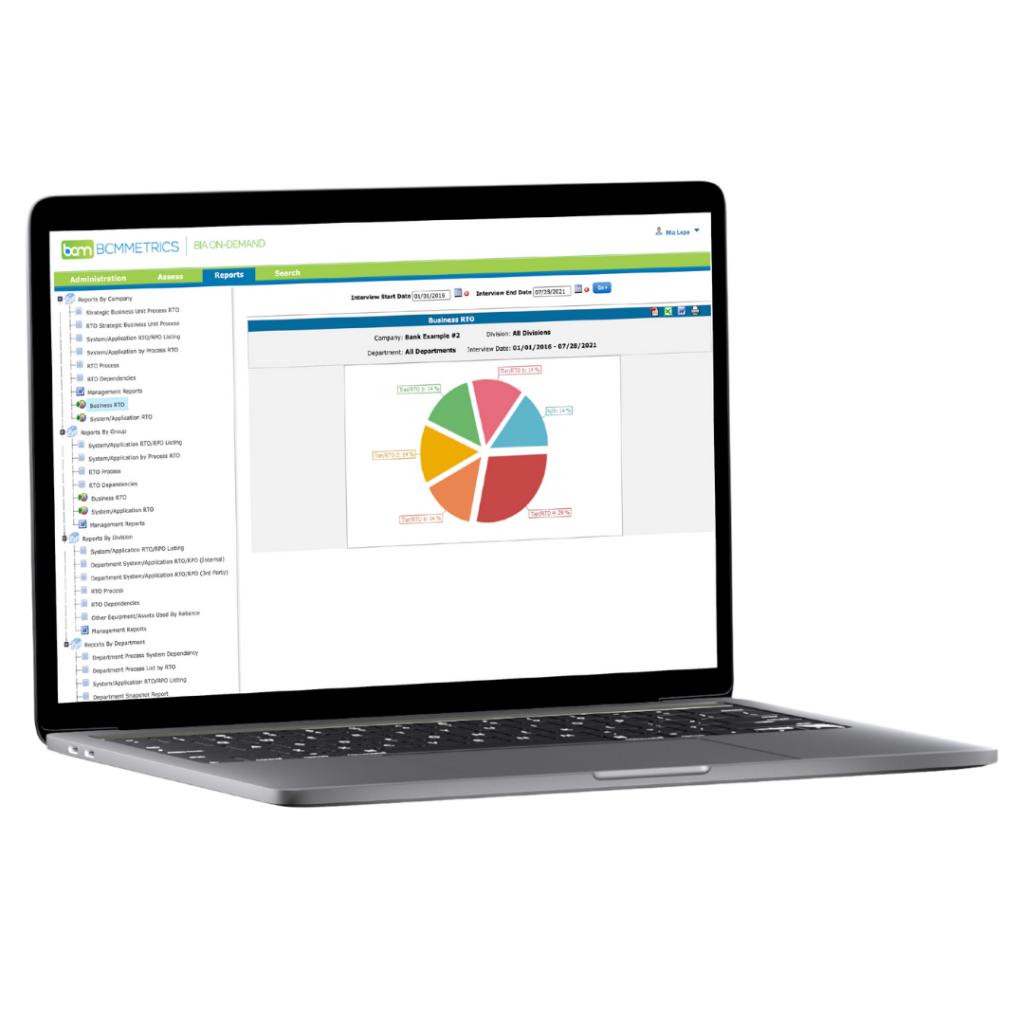5 Tips to Help You Ace Your BCM Presentation

In the folk tale “Ali Baba and the Forty Thieves,” all the hero had to do to access the cave full of treasure was say the magical phrase, “Open, Sesame.”
This will most likely not work for you when you go before your management to present your business continuity management program.
Unfortunately, I don’t know any magical phrases I can pass on to you which you can say to get your management to support and fund your initiatives.
However, I do have five tips I can share which, if you follow them in explaining your program with your bosses, will most likely increase the chances that you’ll have a good BCM presentation and obtain a favorable outcome.
Here they are, presented in the order in which they are likely to crop up:
- Prepare physically and mentally. Get ready for the meeting physically by dressing the part of an effective, detail-oriented professional. Strive to convey through your appearance a bulletproof image of competence and credibility. People judge you within ten seconds of meeting you. Make sure the message given by your appearance is that you are a together person who should be taken seriously and whose assessments can be relied upon. Get ready mentally by casting off any idea that you are an outsider or low-level person who is bothering the higher-ups by coming to talk about your program. Instead, tell yourself that the executives you’ll be meeting with need what you have to offer. The safety and security of everything they’ve built is in your hands.
- Simply connect. Look for ways to connect with the managers as people. Before you go into the office or conference room, have a look at their company bios. If you can find a way of quickly establishing a human connection, it can help you start building a common history and vocabulary. By showing flexibility and empathy about the small things, you give your managers reason to believe you can be responsive to the big ones, such as your expensive BCM proposal. However, don’t expect charm to substitute for substance. To really get traction, you must:
- Know your stuff. You need to know your program and proposal inside out. Your role at the company is BCM expert. You are valuable to the company because you’re a BCM expert. So be a BCM expert! Make sure you can answer whatever questions you might be asked about your program or proposal. If you don’t know an answer, say so, then find out and get back to the person. A lack of knowledge in your supposed area of expertise will be seen as a weakness. Master your material and demonstrate earned well-founded strength.
- Speak their language. You and I know that business continuity management is full of wonderful terminology, abbreviations, and concepts that everyone should be familiar with. Who wouldn’t benefit from knowing about creeping disasters, BIAs, electronic vaulting, gap analysis, and recovery point objectives? However, the hard truth is your senior management is probably not that interested in learning the nuts and bolts of BCM language and concepts. Here’s a question for you: Which of the following outcomes is more likely if you use terms in your presentation that management doesn’t understand: 1) They will ask you what the terms mean and listen gratefully to your explanations. 2) They will grow bored, tune you out, and turn their attention to one of the thousand other matters they probably have on their plate. If you answered number 2 then give yourself an A because that is correct. Don’t expect the managers to learn your BC language. Translate your BC concepts and terms into their business language. Instead of talking about RPOs, talk about the maximum data loss your organization can tolerate. Instead of talking about BIAs, talk about an analysis you did which determined the criticality of different operations throughout the organization.
- Emphasize the bottom line. This tip is a kind of extension of the one above. However, here, instead of talking in the language the managers understand, you have to talk in terms of the thing they most care about. This is almost certainly the bottom line: what your program will contribute to the success of the organization overall. Think strategically: Identify the key mission and goals of your organization, then think of ways your program or proposal will help meet them. Of course, the bottom line means different things at different organizations. Businesses are focused on profit and controlling expenses as well as protecting and promoting their reputations. Non-profit organizations care about carrying out their charitable missions as well as controlling expenses and safeguarding their reputations. Whatever counts most where you work, figure out how your program will contribute to achieving that goal and lean hard on this in your meeting with management. In short, don’t talk about what the business can do for BCM, talk about what BCM can do for the business.
That concludes my 5 tips to help you ace your BCM presentation. Obviously, none of them is as easy as saying, “Open, Sesame”; however, they are much more likely to work in terms of getting management to listen sympathetically and support your program and proposals.









